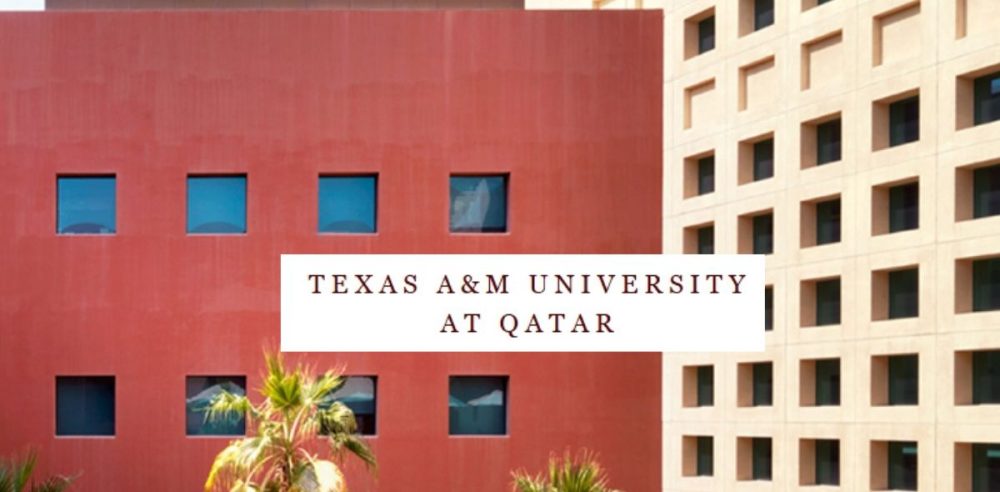New revelations in U.S. Senate testimony are casting a spotlight on Qatar’s outsized financial ties to Texas A&M University and the troubling strings attached.
Dr. Charles Asher Small, an expert on antisemitism and foreign influence, told lawmakers that Texas A&M received over $1 billion from Qatar – funding none of which was fully disclosed to the U.S. Department of Education, in violation of federal law.
What do Texas A&M (@TAMU), @Cornell, @Columbia have in common? A Qatari funding problem.
At the U.S. Senate @HELP Committee hearing, Dr. Charles Asher Small, Executive Director of ISGAP (@asherchas), laid out a troubling map of foreign influence and radicalization:
– Texas… pic.twitter.com/bRTmDuUO43
— ISGAP (@ISGAP) April 7, 2025
This massive Qatari investment funneled largely through the state-run Qatar Foundation, has raised alarms about the university’s national security and academic independence.
Dr. Small detailed how Qatar’s support enabled Texas A&M’s branch campus in Doha’s Education City but came with contractual conditions.
Notably, Texas A&M agreed to grant the Qatar Foundation ownership of all intellectual property from research at the Doha campus. Small called this arrangement “particularly concerning given the potential military applications” of some projects conducted there.
Indeed, Texas A&M’s Qatar campus has undertaken hundreds of research projects – including sensitive work in engineering fields – that could have dual-use civilian and military applications.
Small warned that such provisions, hidden from public view, “compromise academic independence and integrity,” yet universities often fail to disclose them.
“When foreign regimes use American universities to promote their ideologies, and those institutions accept this funding without transparency or accountability, we are complicit in undermining our democratic values,” he testified.
Beyond academic freedom, national security concerns loom large.
Small noted Qatar’s close alignment with extremist networks, stating that Qatar “maintains documented… ties to the Muslim Brotherhood… that calls for the destruction of Israel and the killing of Jews.”
He emphasized the risk of advanced research ending up in the wrong hands. Some Texas A&M projects in Qatar involve nuclear engineering and other technologies with potential weapons implications – a worrisome scenario given Qatar’s links to groups like the Brotherhood and even Hamas.
These concerns, heightened after Hamas’s October 2023 attack on Israel, have not gone unnoticed in Texas.
In late 2023, Texas A&M’s Board of Regents voted to wind down the Doha campus by 2028. University officials cited regional instability, but Small’s exposé of Qatar’s influence was a catalyst for reevaluation.
Small welcomed the decision to close the Qatar campus but cautioned that it’s not the end of the story. He urged lawmakers to investigate the “sensitive research activities” conducted in Doha and to force full disclosure of all Qatar–Texas A&M agreements.
His testimony has galvanized calls for greater oversight of foreign funding in academia as policymakers grapple with how to safeguard national security and academic integrity in an era of big-dollar international partnerships.
The case of Qatar’s billion-dollar influence at Texas A&M, Small argued, is a wake-up call to defend American universities’ independence from authoritarian money.


